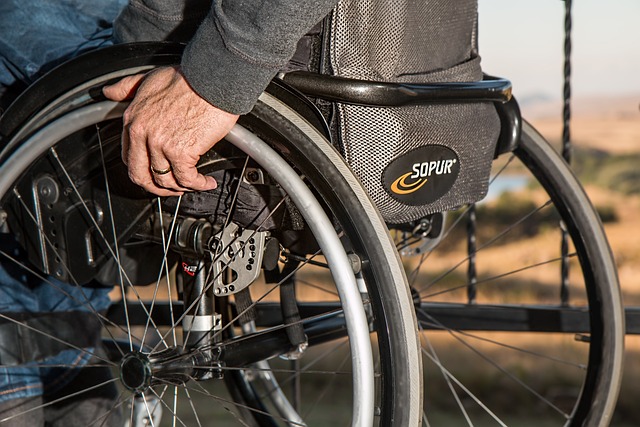Boat Rental Basics: Costs, Engines, Financing, and Marine Options
Boat rental is a flexible way to enjoy time on the water without long-term ownership responsibilities. Whether you’re renting a small runabout for an afternoon, chartering a yacht for a weekend, or joining a boat share program, understanding engines, safety, and the financial side helps you plan. This article covers practical advice on checking outboard motors, choosing the right boat, financing and payment options, marine regulations, and typical cost ranges for rentals and services.

Outboard motor: what to check before renting
An outboard motor is often the primary propulsion for small rental boats and should be inspected before departure. Check that the engine starts reliably, idles smoothly, and shifts through forward and reverse without hesitation. Look for signs of leakage, corrosion, or loose mounting bolts, and confirm that the owner or rental company provides a spare propeller and basic tools. Ask about fuel type and whether fuel is included in the rental rate. A properly maintained outboard motor reduces the chance of breakdown and improves fuel efficiency, which can affect total rental costs.
Choosing a boat: size and features that matter
Selecting the right boat depends on the group size, activity, and local conditions. For fishing or short cruises, a small center-console or bowrider may be sufficient; for longer overnight trips, consider a cabin cruiser or small yacht. Evaluate seating capacity, storage for gear, onboard safety equipment, and whether the boat has amenities like a marine toilet or galley. If you’re unfamiliar with a specific vessel, request an orientation and ask about the boat’s handling characteristics. Matching the boat to your planned activity helps avoid extra fees or unsafe situations.
Financing and membership: options instead of buying
Financing and membership models offer alternatives to outright ownership. Short-term financing is uncommon for rentals, but boat clubs and fractional ownership programs provide access to multiple vessels for a recurring fee. Memberships typically cover maintenance and insurance but require initial initiation fees and monthly payments. Some companies offer seasonal leases or long-term charters that spread costs over time. When comparing options, factor in usage limits, cancellation policies, and whether fuel and docking fees are included. Understanding these terms helps compare total annual cost against buying and financing a boat.
Marine rules and local services to consider
Marine regulations and local services can affect where and how you use a rented boat. Learn local speed limits, no-wake zones, and licensing requirements for operators in your area. Many regions require a boating safety certificate for drivers; rental companies or local services may offer refresher courses. Check for available support like towing, on-water assistance, and nearby marinas that can provide fuel or repairs. Having a plan for emergency contacts and knowing where to find local services reduces the risk of extended downtime or unexpected expenses while you’re on the water.
Understanding payments: deposits, insurance, and fees
Rental payments often include a base rate plus additional charges—fuel, cleaning, damage waivers, and security deposits. Expect a reservation deposit and a larger refundable security hold on a credit card to cover potential damage. Insurance options vary: some platforms include liability coverage, while others offer optional damage waivers for an extra charge. Read the rental agreement to see how incidents and repairs are handled and what actions could result in forfeiture of the deposit. Clear documentation of the boat’s condition at checkout and check-in can protect you from unwarranted damage claims.
Before the comparison table, here are real providers and typical service offerings to help compare options and ballpark costs. Prices depend on location, season, boat size, and provider policies; the table below gives general cost estimations for common services like platform rental, boat club membership, and peer-to-peer rentals.
| Product/Service | Provider | Cost Estimation |
|---|---|---|
| Peer-to-peer day rental (small runabout) | Getmyboat | $75–$250 per day |
| Peer-to-peer boat rental (varied sizes) | Boatsetter | $100–$800 per day |
| Membership access (annual + monthly) | Freedom Boat Club | $2,000–$5,000 initial + $200–$600/month |
| Yacht charter (half-day) | Local charter companies | $500–$3,000+ per half-day |
| Local marina short-term rental | Local marinas / dock services | $150–$600 per day depending on vessel |
Prices, rates, or cost estimates mentioned in this article are based on the latest available information but may change over time. Independent research is advised before making financial decisions.
Conclusion
Renting a boat can be cost-effective and convenient when you understand engines like outboard motors, choose a vessel suited to your plans, and know the payment and financing structures available. Review rental agreements carefully, verify insurance and deposit policies, and confirm local marine rules and support services in your area. With proper preparation you can enjoy safer, more predictable time on the water without the obligations of ownership.




